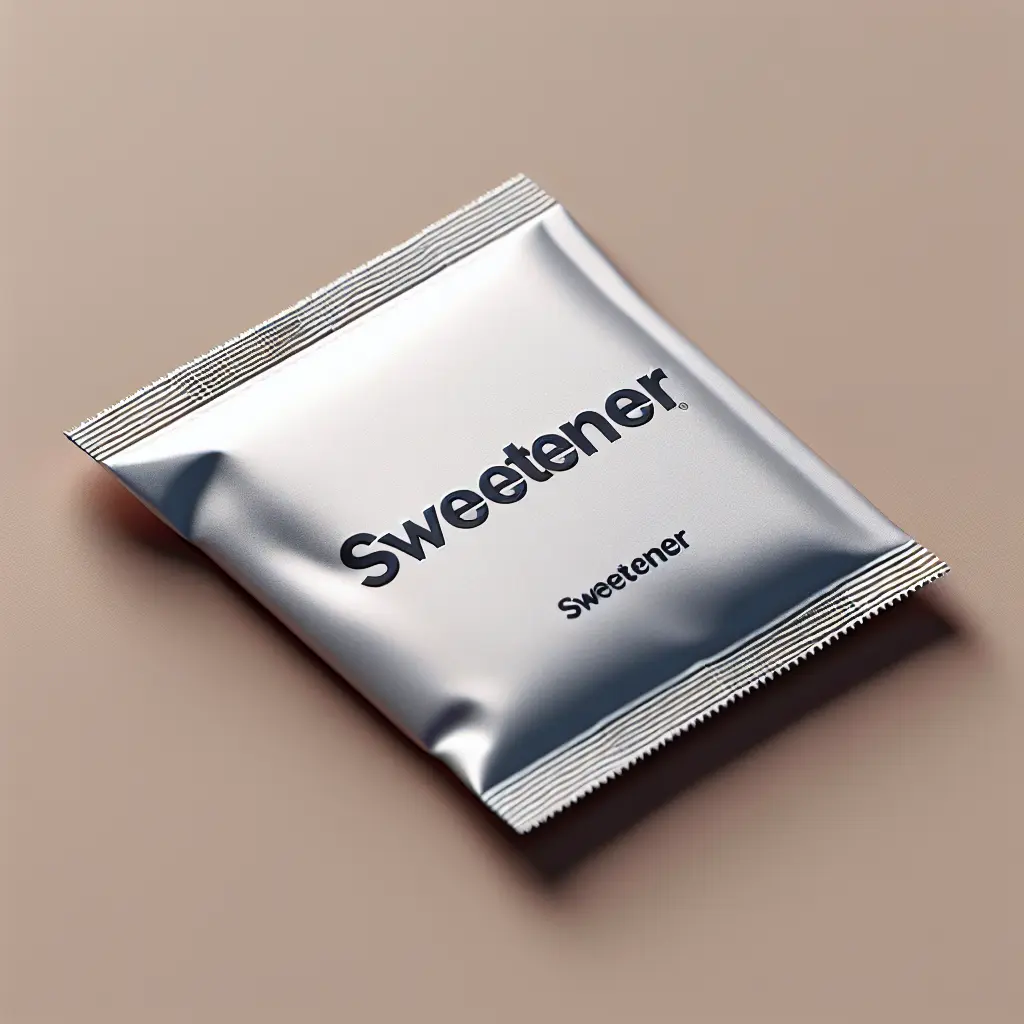What are Sweeteners?
Sweeteners are a type of food additive that is used to add sweetness to foods and drinks. They are often used as a substitute for sugar, which is a natural sweetener that is found in many foods. Sweeteners are much sweeter than sugar, so they can be used in smaller amounts to achieve the same level of sweetness.
Sweeteners are generally classified into two categories: natural and artificial. Natural sweeteners are derived from plants or other natural sources, while artificial sweeteners are created in a laboratory.
Benefits of Sweeteners
There are a number of benefits to using sweeteners, including:
- Low-calorie or no-calorie: Sweeteners are much lower in calories than sugar, which can help you lose weight or maintain a healthy weight.
- Do not raise blood sugar levels: Sweeteners do not contain carbohydrates, which means that they do not raise blood sugar levels. This makes them a good option for people with diabetes or other blood sugar issues.
- Can help prevent cavities: Sweeteners do not promote tooth decay, which can help you maintain good oral health.
Types of Sweeteners
There are a variety of sweeteners available, including:
- Sucralose (Splenda): Sucralose is a no-calorie sweetener that is about 600 times sweeter than sugar. It is often used in diet foods and drinks.
- Aspartame (Equal, NutraSweet): Aspartame is a low-calorie sweetener that is about 200 times sweeter than sugar. It is often used in diet foods and drinks.
- Saccharin (Sweet'N Low): Saccharin is a no-calorie sweetener that is about 300 times sweeter than sugar. It is often used in diet foods and drinks.
- Stevia: Stevia is a natural sweetener that is derived from the leaves of the stevia plant. It is about 200 times sweeter than sugar.
- Monk fruit: Monk fruit is a natural sweetener that is derived from the monk fruit, a melon that is native to Southeast Asia. It is about 300 times sweeter than sugar.
Safety of Sweeteners
Sweeteners have been extensively studied for safety, and they are generally considered to be safe for consumption. However, some people may experience side effects from sweeteners, such as headaches, dizziness, or nausea. If you experience any side effects from sweeteners, you should stop using them and talk to your doctor.
How to Use Sweeteners
Sweeteners can be used in a variety of ways, including:
- As a substitute for sugar: Sweeteners can be used as a substitute for sugar in any recipe. Simply use a smaller amount of sweetener than you would sugar.
- In coffee or tea: Sweeteners can be added to coffee or tea to add sweetness.
- In yogurt or oatmeal: Sweeteners can be added to yogurt or oatmeal to add sweetness and flavor.
- In baked goods: Sweeteners can be used in baked goods to add sweetness.
Conclusion
Sweeteners are a versatile and low-calorie way to add sweetness to foods and drinks. They are generally considered to be safe for consumption, but some people may experience side effects. If you are considering using sweeteners, it is important to talk to your doctor to discuss the benefits and risks.
How many calories are in Sweetener?
Each 1 packet of Sweetener contains 3.4 calories.
Sweetener Nutritional Information
| Nutrient | Amount per 1 packet (1g) |
|---|---|
| Calories | 3.4 Calories |
| Protein | 0g |
| Fat | 0g |
| Saturated Fat | 0g |
| Cholesterol | 0mg |
| Carbohydrates | 0.9g |
| Dietary Fiber | 0g |
| Sugar | 0.8g |
| Sodium | 0mg |
| Potassium | 0mg |
| Calcium | 0mg |
| Iron | 0mg |
